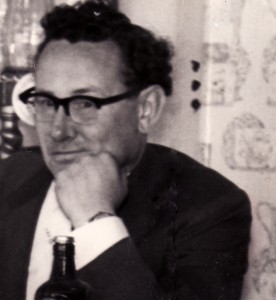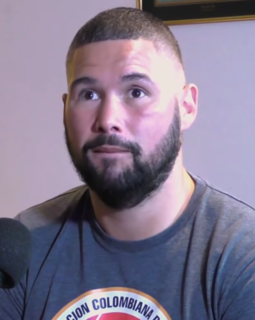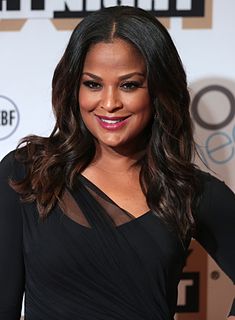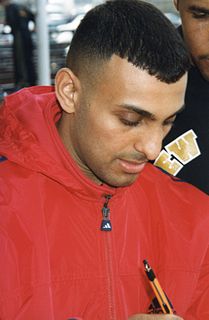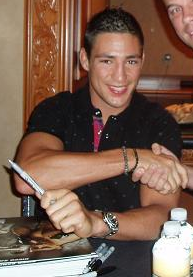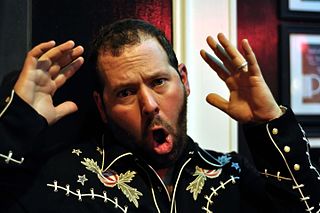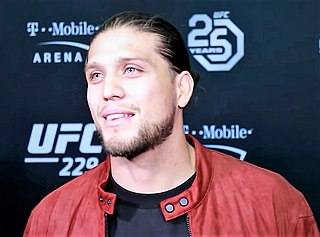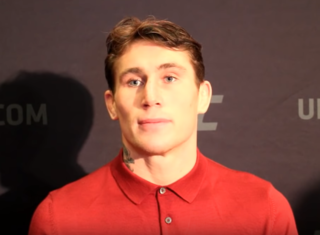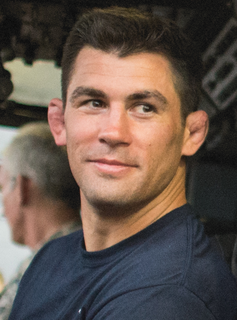A Quote by John Christopher
You would always beat me; not so much because you are a better fighter as because you will not accept defeat.
Related Quotes
I don't think about losing or worry about losing. I'm not afraid to let it go and I don't care if you beat me. If you do, that means you were the better man, but only elite fighters can beat me. There can't be shame in losing because you are up against great competition and there's always that chance.
One of the biggest problems with the world today is that we have large groups of people who will accept whatever they hear on the grapevine, just because it suits their worldview—not because it is actually true or because they have evidence to support it. The really striking thing is that it would not take much effort to establish validity in most of these cases… but people prefer reassurance to research.
I'm not scared of anyone. I don't care whether you are a jiu-jitsu fighter or a wrestler or a stand-up fighter: I want to put myself against you, and I want to see who is better. And if you are the guy that is going to beat me, I'm going to take that loss like a man and go back, and I'll work on me self. That's how I look at fighting.
